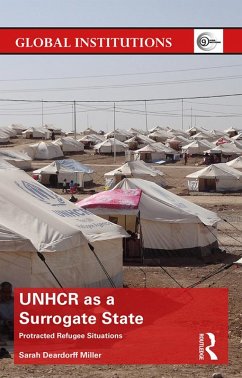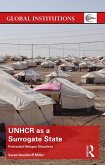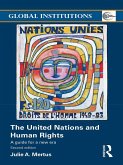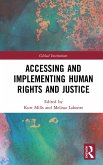Drawing on international relations literature and empirical studies of UNHCR, Miller asks how and when UNHCR takes on surrogacy, and what effect this has on its ability to influence how a host state treats refugees. The book develops a framework for understanding IOs at the domestic level and presents a counterintuitive finding: IO surrogacy actually leads to less influence on the state. In other words, where UNHCR behaves like a state, it is less able to influence a host state's refugee policies.
UNHCR provides an excellent example of an IO working on multiple levels, making this book of great interest to practitioners and policymakers working on refugee-related issues, and scholars of forced migration, international relations, international organizations, and UNHCR.
Dieser Download kann aus rechtlichen Gründen nur mit Rechnungsadresse in A, B, BG, CY, CZ, D, DK, EW, E, FIN, F, GR, HR, H, IRL, I, LT, L, LR, M, NL, PL, P, R, S, SLO, SK ausgeliefert werden.









